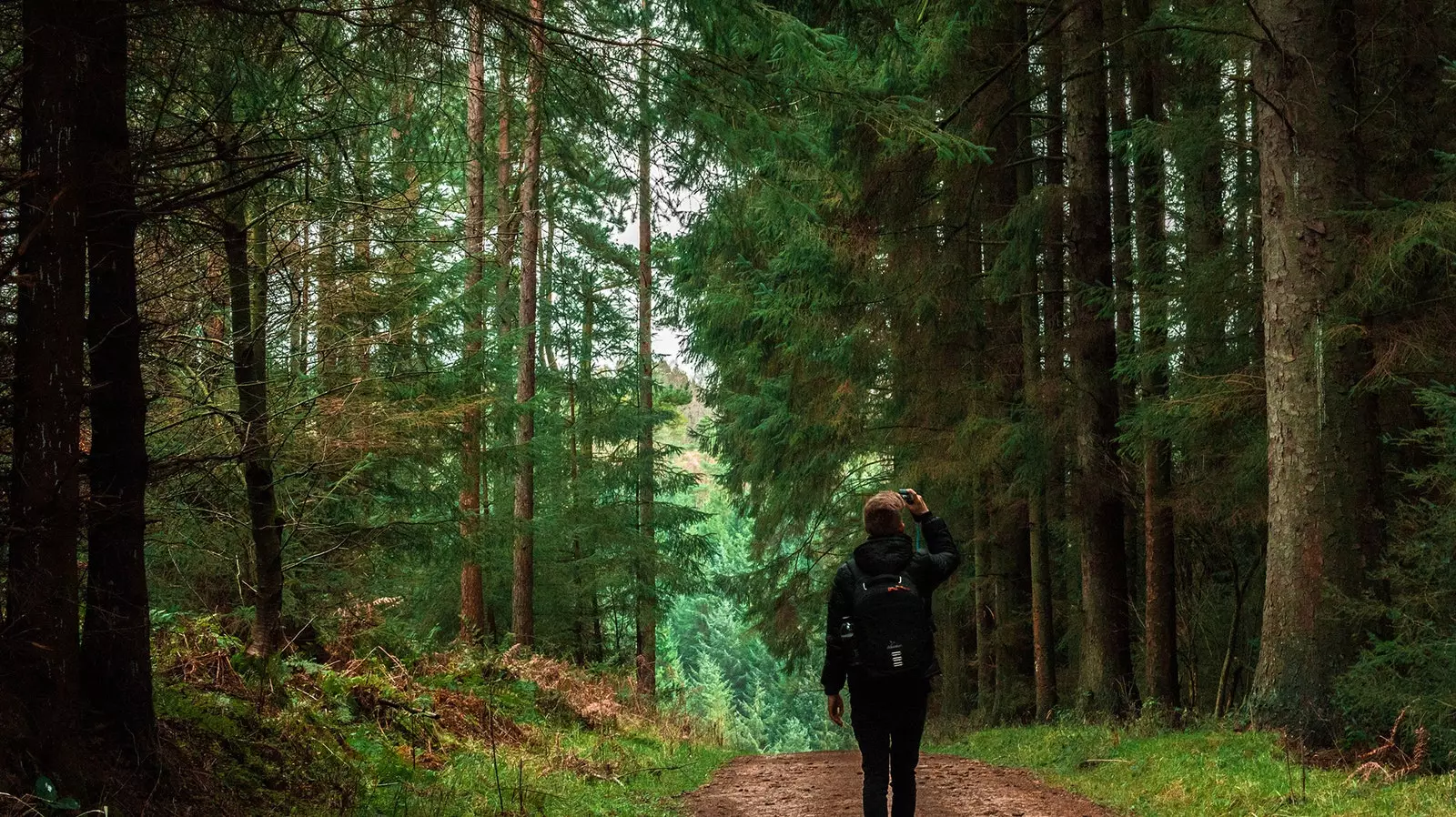
Press play and you will feel surrounded by green
The University of Waterloo, in Canada, launched a study a few years ago that stated that l People who spend time in a 'virtual forest' - a digital environment with natural sights and sounds - show reduced levels of stress and increased happiness and relaxation . It is not the only work of its kind: associations such as the Children & Nature Network have also confirmed the same thing: just by showing people the photo of a natural environment , it is already possible to measure benefits similar to those felt when one is physically immersed in them: attention becomes "automatic" and directed attention is allowed to "rest", which results in greater well-being and improved performance.
Taking into account all this field of research, the BBC has launched Soundscapes for Wellbeing, a virtual collection of soundscapes extracted directly from nature. They range from what is considered the first recording of the natural environment , made in a wax cylinder by the announcer and sound recorder Ludwig Koch, when he was only eight years old, in 1889, until an encounter between a mountain gorilla and the well-known British scientist David Attenborough. In addition, the web also allows, in a simple way, mix effects together and create your own custom soundscape.
AN EXPERIMENT TO FIND OUT HOW THE SOUNDS OF NATURE... AND MUSIC INFLUENCE US
Thanks to the release of the BBC's acoustic effects archive, it is possible to enjoy the song of the bird of paradise, the atmosphere of a day in the jungle or a group of baby crocodiles communicating with each other just by putting on your headphones. However, The most usual thing in our day to day is to access those sounds through videos, programs or documentaries which, according to the research already cited, could offer interesting benefits for the well-being of viewers.
"But how do the silent forms of nature compare to those featuring natural sounds? And what about the inclusion of music or even combinations of nature and music?", they asked themselves from Virtual Nature, a platform of specialists from the University of Exeter that has taken advantage of the launch to carry out a small experiment with the help of listeners.
"This content often includes music - added to guide the emotional journey of the audience - but we understand very little about the effects of combining music and nature . To learn more, we're partnering with the BBC to launch a unique experiment exploring people's responses to virtual nature content."
The study asked participants to watch a three-minute digital scene before answering a series of questions about how the experience made them feel. Four experimental conditions were created and the participants saw one of them, chosen at random. Each scene had the same visual elements, but a different accompanying soundtrack consisting of silence, natural sounds, music, or both natural sounds and music. Almost 9,000 people took part in the experiment, which has just ended and is in the analysis phase.
As we check out the results, one thing is for sure: flooding your home with natural sounds can be a simple remedy to connect with calm if you can't get into nature in the real world.
